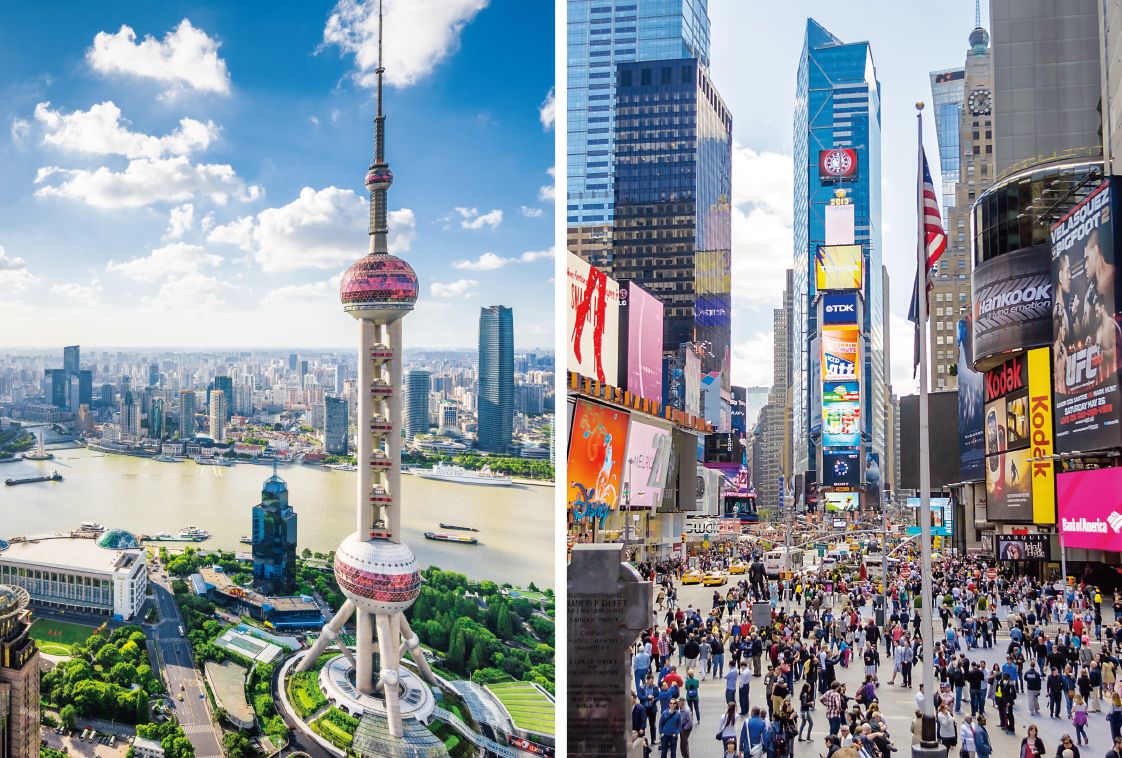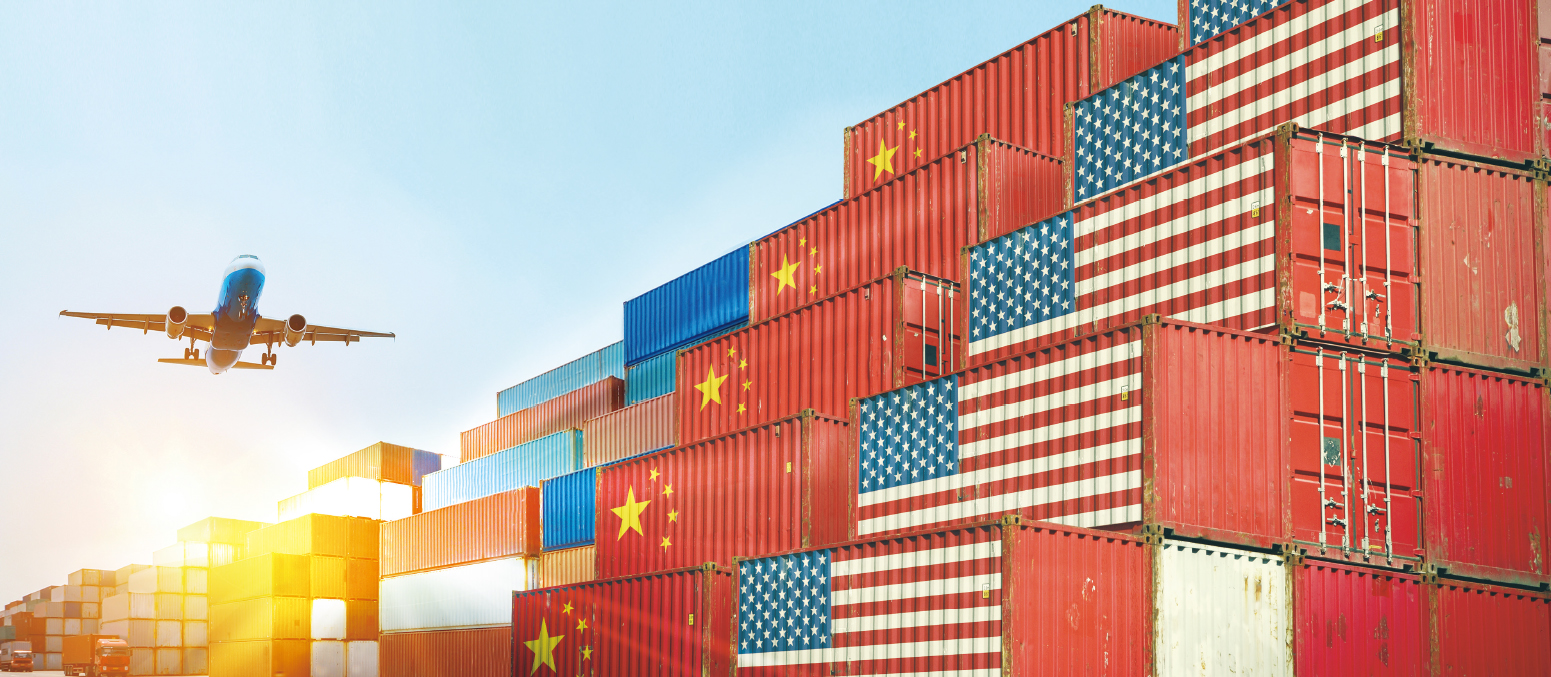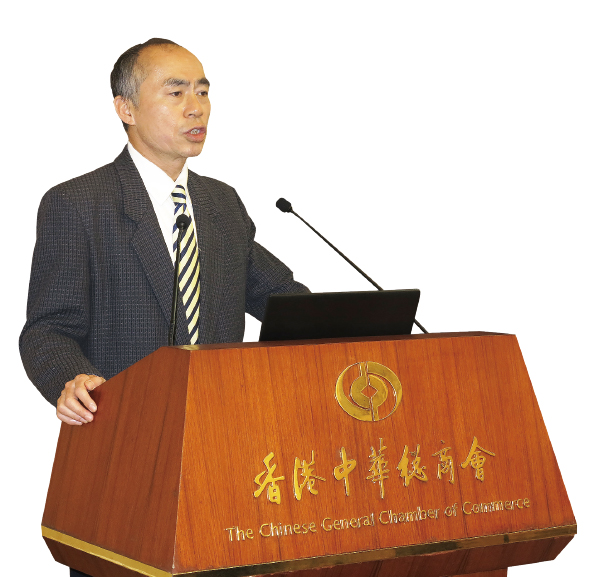In recent months, tensions in the China-US trade battle have been escalating. As the two nations announced additional tariffs on each other, volatility in the stock markets followed. How long will this squabble between the world’s two biggest economies last? Should we worry about it?
The news that the US would threaten China with heavier tariffs on Chinese companies and products has been around for quite some time. US president Trump subsequently announced steep tariffs on imported steel and aluminum products, but China was not on the exemption list. In light of this, the Ministry of Commerce of China struck back, announcing additional tariffs targeted at certain imported goods from the US and declared that China would fight till the end. While there seems to be mutual hostility, Tse Kwok-leung, Head of Economics & Policy Research, Bank of China (Hong Kong) Limited, reckoned the scale of the trade battle may not extend further.
Uncertain support from US voters
 In fact, as early as during the election period, Trump had already accused China for unfair trade practices. As such, Tse believed that Trump is only raising tariffs to fulfill his electoral pledges. Meanwhile, since the US mid-term election will be held in November, it is quite obvious that Trump is making the move to draw support from voters of the manufacturing sector, such as those in Ohio, etc.
In fact, as early as during the election period, Trump had already accused China for unfair trade practices. As such, Tse believed that Trump is only raising tariffs to fulfill his electoral pledges. Meanwhile, since the US mid-term election will be held in November, it is quite obvious that Trump is making the move to draw support from voters of the manufacturing sector, such as those in Ohio, etc.
Yet, Trump’s wishful thinking may not necessarily realize. China has already reacted accordingly and is planning to levy tariffs on American agricultural produce and industrial products. According to Tse, the move of China would have extensive implications. As farmers are an important demographic that swung to Trump in the election, tariffs imposed on agricultural products could directly hit the Trump’s electoral base. If Trump intends to run for a second term, it would be a wise move not to overdo his position for a trade war.
Doubtful economic benefits
 Tse said that, even from the economic perspective, trade in China has not violated any trade rules of WTO; the US has been unreasonable at the outset. From another perspective, the strong stance of China demonstrates that it has already evaluated its resilience against the strike. As for the US, the tariffs do not only increase the cost for the American manufacturing industry, they also bring about worldwide impact and may hurt its allies. The loss may outweigh any gains in the end.
Tse said that, even from the economic perspective, trade in China has not violated any trade rules of WTO; the US has been unreasonable at the outset. From another perspective, the strong stance of China demonstrates that it has already evaluated its resilience against the strike. As for the US, the tariffs do not only increase the cost for the American manufacturing industry, they also bring about worldwide impact and may hurt its allies. The loss may outweigh any gains in the end.
Rumor has it that China would consider devaluing the RMB gradually as a tool in the current trade spat, which may result in a financial battle. Tse did not agree with this view. As he observed, depreciating the currency offers little help to trade, and it could affect market confidence and hinder the progress of RMB internationalization. He did not believe it is a move that China would make.
New opening up measures give Hong Kong more opportunities
 Earlier on at Boao Forum, Chinese president Xi Jinping delivered a keynote speech and announced further opening up the country. Some believe the speech was targeted at the trade war. Yet, this deduction was already denied by the Ministry of Foreign Affairs of China. Tse agreed to the view of the Ministry of Foreign Affairs, but he also acknowledged that the opening up measures do help cool down the fears of the trade war. It is not all wrong to see it as China’s gesture of goodwill. Objectively, these measures would only be favorable for the mutual development in the future.
Earlier on at Boao Forum, Chinese president Xi Jinping delivered a keynote speech and announced further opening up the country. Some believe the speech was targeted at the trade war. Yet, this deduction was already denied by the Ministry of Foreign Affairs of China. Tse agreed to the view of the Ministry of Foreign Affairs, but he also acknowledged that the opening up measures do help cool down the fears of the trade war. It is not all wrong to see it as China’s gesture of goodwill. Objectively, these measures would only be favorable for the mutual development in the future.
The outcome of the trade war would be difficult to determine at the moment. However, Tse commented that it is unlikely that tensions would further escalate. It would be a wise step to simply wait for them to cool off. On the other hand, the measures to further open up China by relaxing the restrictions on market access, as announced by Xi Jinping, would bring more opportunities to world trade. Although Hong Kong has been enjoying the advantages of China’s opening up right after CEPA was implemented, the current national direction suggests that more foreign investors are expected to leverage on Hong Kong as a springboard to tap into the mainland market. It is hopeful that the role of Hong Kong as a “super connector” will be further strengthened.




